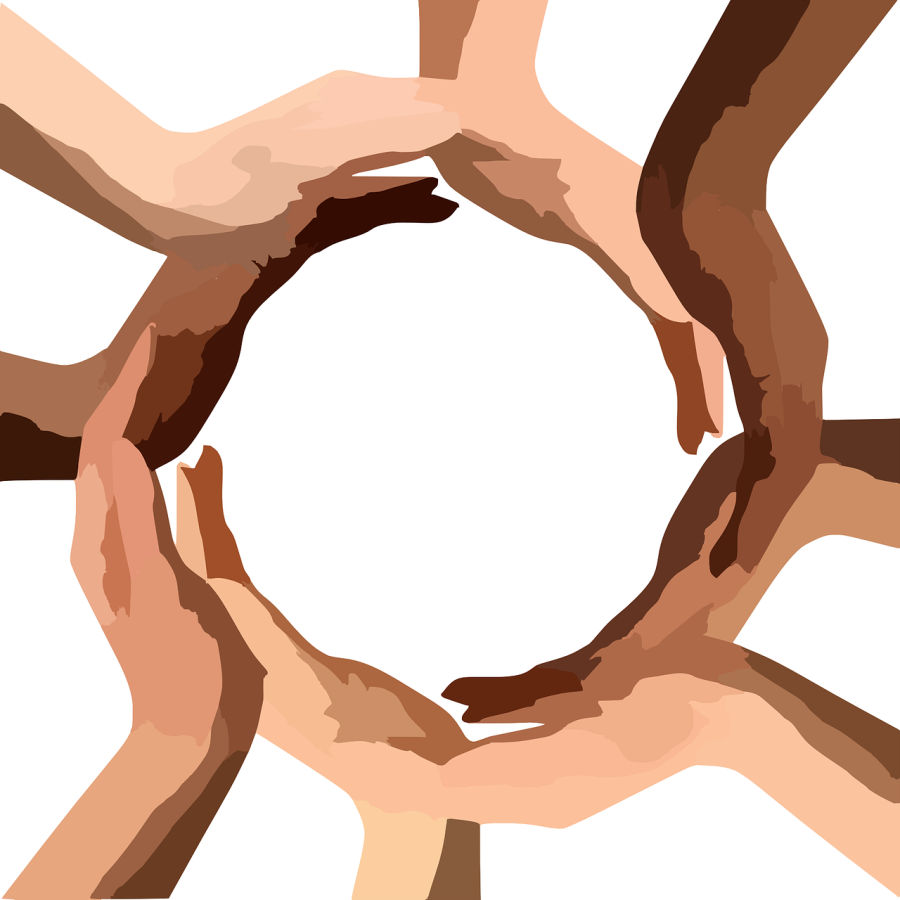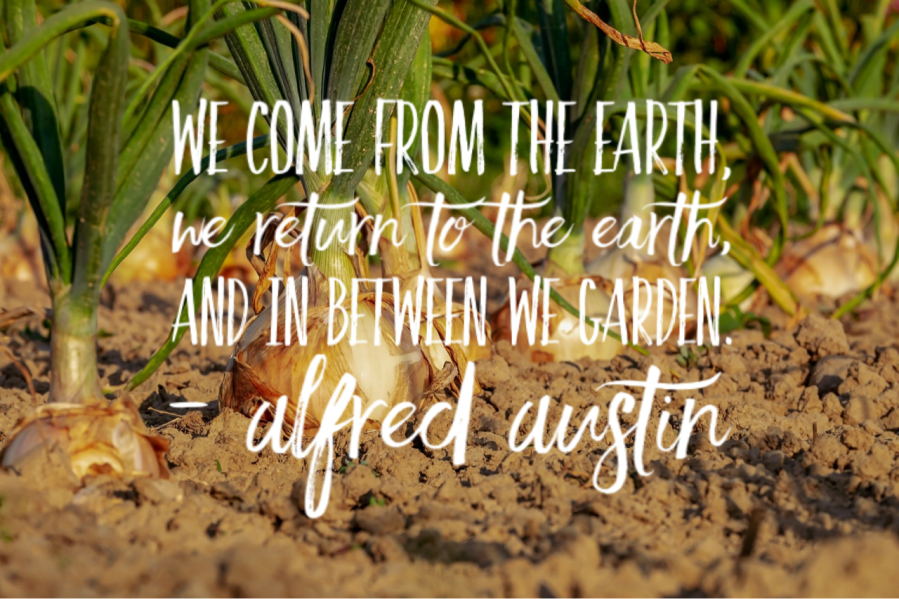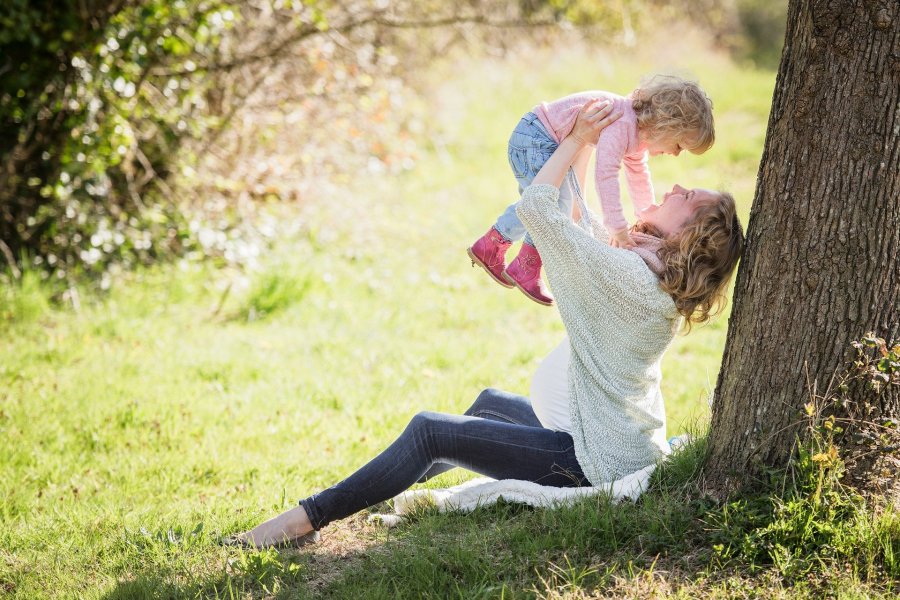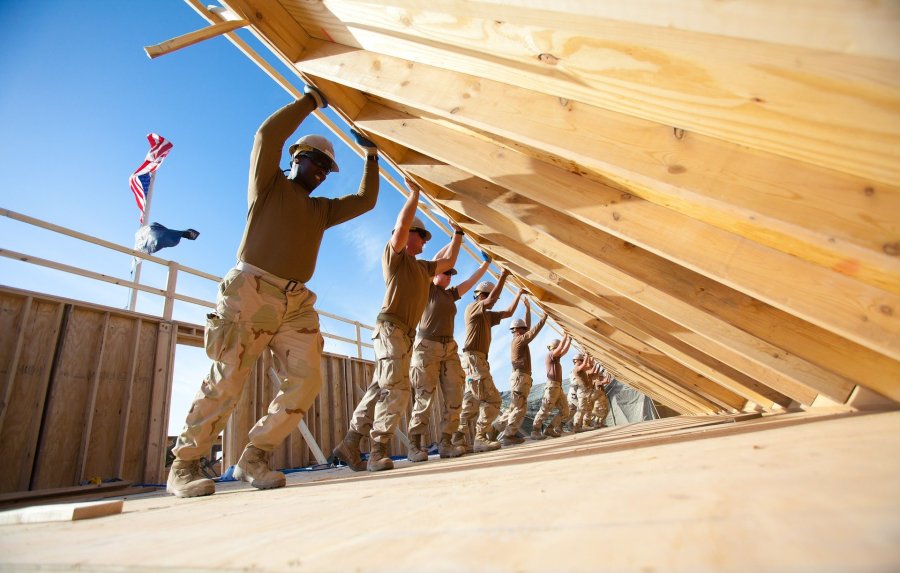1. We take great care of those we can relate to

It’s beautiful if you think about it. Millions of people are making huge sacrifices for the relatively few: the elderly and vulnerable in their communities. Perhaps we will begin to take better care of those with which we have fewer connections, such as children dying of poverty. According to UNICEF, 22,000 children die due to poverty every day.
It’s understandably hard, however, to be stirred into action about something which just isn’t real and imminent to us. Would we worry about conditions on an unknown world in a galaxy we have never heard of? Probably not. We need to build connections to them by focussing more on what they get up to on an ordinary day. If we only focus on their crisis, we risk normalizing their suffering. We know exactly what people within our own cultural spheres are losing, and we have responded on an unprecedented scale. Essentially, we need to make strangers less strange and turn our disconnected sympathies into connected empathies:
“Empathy is about connection; sympathy is about separation.” – Brené Brown
2. We can mobilize as a global entity

We’ll see to just what extent over the coming weeks but, generally speaking, the world has responded well to calls for isolation and social distancing. Not only have we shown that we can work together but we’ve also learnt that we need to. As Yuval Harari says in his article, “The world after coronavirus”:
“If we choose disunity, this will not only prolong the crisis, but will probably result in even worse catastrophes in the future. If we choose global solidarity, it will be a victory not only against the coronavirus, but against all future epidemics and crises that might assail humankind in the 21st century.” – Yuval Harari
Stopping global warming is another way in which we need to work together and, in this short time, we can see just how much the earth is healing. This shouldn’t just be seen as an act of compassion to the world, however. The world will recover eventually and we may not.
The virus is teaching us that we are not as in control of the world as we may have been led to believe. As some of our freedom has been taken away, we are of course likely to experience feelings of powerlessness. What makes this harder are the numerous cultural fallacies passed down to us about our relationship with the earth.

We are not above, or separate from, the world. We are a part of it; an important part, but still a part. We have a moral responsibility to care for the world, nature and its wildlife – but we should not conflate this with delusions of grandeur (and a distorted sense of control). Learning our place in the world, our strengths and vulnerabilities will save us from a life of broken expectations, let alone pandemics. By viewing the world through the right lens, we can help ourselves and multiply our respect for the planet.
“There are things that we don’t want to happen but have to accept, things we don’t want to know but have to learn” – Nancy Stephan
3. We are creative

Nearly every day I’m hearing of new ideas for alleviating boredom and connecting with others. From fitness videos and circulating memes to group chats on Zoom and playing games together through the app Houseparty.
“Creativity is intelligence having fun.” – Albert Einstein
4. Suffering shows us the things which are really meaningful to us

As we suffer in solitude, the more meaningful aspects of life, namely family and friends, come to the fore of our minds. The constant reminders of death can be a depressing subject to dwell on, but it can also act as a memento mori, a reminder of our own fragility. We should not waste our time doing things we don’t really want to do. The social network of man is full of suggestions such as “learn a new language” or “take a short course”. We are no longer distracted by the bright lights of societal norms and expectations; a central theme in the film Fight Club:
“I see all this potential, and I see it squandered. God damn it, an entire generation pumping gas, waiting tables – slaves with white collars. Advertising has us chasing cars and clothes, working jobs we hate so we can buy shit we don’t need. We’re the middle children of history, man. No purpose or place. We have no Great War. No Great Depression. Our great war is a spiritual war… Our great depression is our lives. We’ve all been raised on television to believe that one day we’d all be millionaires, and movie gods, and rock stars, but we won’t. We’re slowly learning that fact. And we’re very, very pissed off.” – Tyler Durden (Brad Pitt)
5. Community is important; individualism crumbles under pressure

Again, Yuval Harari would be an apt person to quote on this subject, as he wrote about in his book, Sapiens. It was a profound idea a few years ago but now we’re all starting to see it. We are happier and stronger when we work and live together. Perhaps living in such close, confined quarters is not the best way to be long-term, but when we make our success about community goals, not individual goals, then we break free of the suffocating glass box created by capitalist ideology.
Happiness and respect are not found in big houses and fast cars, only more of the same competition anxiety. Envy for those with more, and jealousy from those with less. This all equals more social distancing! The philosopher, Alain de Botton, explains the real reasons behind our materialism in his TED talk:
“I don’t think we are particularly materialistic. I think we live in a society which has simply pegged certain emotional rewards to the acquisition of material goods. It’s not the material goods we want. It’s the rewards we want.” – Alain de Botton
We need a free-market economy, yes, but we don’t need the garbage philosophies which have come with it. Perhaps it will plug some of the inequality gaps if we turn to a more compassionate community-based lifestyle. The physical barriers between each other, through quarantine and isolation, are awakening us to our social natures. We’ve always had these needs, but they have been confused with the individualistic ladders of wealth and status.
Alain de Botton also has an excellent video on Loneliness and Our Craving for Community in which he explains how so many problems we endure, such as fear of intimacy, anxiety, grief, trauma, attachment or trust issues, may often be symptoms of our need for something greater and yet more elusive:
“The point isn’t, right now, to have an exact blueprint for a commune but to wake ourselves up to our desire for one; after which anything can flow. Our ancestors were unfortunate in a thousand ways, but they may well have had something we’re unknowingly dying for: their own tribe.” – Alain de Botton
6. We can do more for one another

We have turned to giving and, as great wisdom from the archives of history has repeatedly told us: when you give you will receive. You can find plenty of references to this idea in the Bible. Not even religious extremists could twist this black and white mantra. Anne Frank also put it so memorably:
“No one has ever become poor by giving.” – Anne Frank
We’re doing it. We’re all, more or less, giving more. Doctors are applauded for their hard work, and rightly so, but in Madrid and Barcelona the streets are filled by the claps of residents every evening – for everyone.
Temporary shelters have been put in place all around the world to keep people off the streets and thus, in one fell swoop, decimate homelessness. It should have happened before but it’s happening now and we can continue to do more for others if we wish. We know it’s possible and we know it feels right.
To gain from giving is not something shameful and requires no self-flagellation. The various ways we gain from giving are a proof of concept and of our biological need to give. Thank God it’s not the other way round!

Reciprocity is not only essential to human and animal collaboration and survival, but there couldn’t be a better-designed system. We give and we get. Privately too, we should give to ourselves, not take for ourselves. There’s a subtle yet profound difference. When we are a part of this positive feedback loop we are happy. It is encoded into us from the past and encouraged within us in the present.
There are powerful forces nudging us personally, socially and societally towards, ultimately, fairness. Perhaps this magic is achieved by conscience alone, but it is certain we are happier, healthier and stronger when we choose giving as our guiding light.
“The secret to living is giving” – Tony Robbins
7. We don’t like meeting our shadow

As many posts and poems have told us, we are going to encounter our ‘shadow’: the things we might not like about ourselves which we just ‘repress’ (as psychologists would say). But without our usual distractions, we’re encountering our shadow more and more. With a non-judgmental approach and an openness to acknowledge our fears and limitations, we can grow more comfortable with our shadow. Whether it’s a wrestle or gracious welcome that you give your shadow, time has a way of resolving disputes.
It’s easier to get on with someone when you’re forced to be around them than not. That’s why one generally chooses to be open and cordial when meeting someone for the first time. At least that is the more socially tactical way to be.
“Knowing yourself is the beginning of all wisdom.” – Aristotle
8. Humour is a useful weapon against adversity
There are so many funny memes and messages going round that I couldn’t give a figure. I receive about 4 or 5 a day. That’s a lot of time on people’s hands. It’s also a lot of love on people’s hands. These nuggets of humour help to uplift us and, for a few moments, make the burden of isolation a little lighter. What a wonderful thing we can do and can continue to do for others post coronavirus.

9. We have many biases

In psychology our tendencies to make, often irrational, decisions or assumptions has been known for decades now. From “loss aversion” (we tend to prefer not risking to lose even when the odds of winning are greater) to “confirmation bias” (“wish is father to the thought”, as Shakespeare would say) and “spotlight bias” (the feeling we are more on others’ minds than we really are), these “cognitive biases” are wide-ranging and many.
One bias which is particularly noticeable at the moment is “outcome bias”. This bias leads us to weigh the quality of a decision on its outcome, not on its merit within the context of the time it was made. In philosophy, this might be referred to as “moral luck”. It’s not just about right or wrong: our morality hangs in the balance of fortune.
“Good luck needs no explanation.” – Shirley Temple
Everyone is looking to decide which course governments and people should take against coronavirus – and to be right. We are able to flit relatively freely between positions as new information arrives and, eventually, hindsight helps us to determine what was right and what was wrong; world leaders do not have the same luxury. They have to take action and be accountable every step of the way. If Boris Johnson’s softer approach (compared to say, Spain, Italy and China) turns out to be the right approach, he will be hailed as a brilliant leader. If it turns out he has underestimated this virus, you can bet he will have to pay for it at the next general election.
This is a bias we can see so transparently that we can learn once and for all to catch ourselves judging people by their luck, and perhaps voting in a worse leader as a result. We should do the same with ourselves too. If something doesn’t work out, it doesn’t necessarily mean that we need to put the full weight of the result on ourselves.
10. We are highly social animals

In a similar vein to the previous lesson, we tend to form our views based on our social circles. What our best friends think, we will probably end up thinking too. We are extremely social and that is no bad thing. It’s actually what we need right now. We need to work together, choosing unity over disarray. Our social nature has really come to light through this coronavirus outbreak. We should celebrate this and foster it: it contains our compassion, love, empathy, sympathy and more. It’s worth keeping an eye on the domino effect within our friend group, however. Our group may land on the wrong conclusion. We’re only human!
“People, like sheep, tend to follow a leader – occasionally in the right direction.” – Alexander Chase
11. Bonus learning: we are adaptable!

We may well just revert to type. As with most history, humans have a great ability to forget – or not bother to learn. The very least we can draw from this coronavirus crisis is that we are capable of great things. We have shown to ourselves that we can live and work together effectively and with compassion. It’s easy to buy into the “humans [are] the cancer of the planet” (Julian Huxley) sort of thinking, but that is evidently not how we are defined. We would not have been able to care and coordinate with one another to this extent.
Humans are not intrinsically selfish or some life-sucking leeches of the earth. How we have acted and who we are is not the same. One is temporary and changeable. The other is where people like God are supposed to be. If we had an identity, it’s rapidly showing itself to be fixed as unfixed. Adaptable.
Adaptability is the bonus learning we have about ourselves. On the whole, the isolation began like big waves with peaks of stress and anxiety, and troughs of sadness and despair. As time has gone by, these waves seem to have ebbed and flowed more smoothly because humans are remarkable adapters. The fact these different traits are exhibiting themselves won’t surprise anybody who knows just how adaptable humans are.

Could you have lived in the conditions of our hunter-gatherer ancestors? Maybe. Maybe not. Don’t beat yourself up. Our ancestors were adapting to it from day one of their birth. You would have to adapt an awful lot, awfully quickly. Well, we’re not so adaptable that we can switch at the click of our fingers. That’s for the better too. We create behavioural patterns over time and we become inwardly and outwardly defined by them, but we can always change. Check out my Every Child is a River analogy for more on this.
We’re doing it. We’re adapting and we can keep on adapting for our needs, the needs of others and the planet. Crisis is a time of change and one which we are changing to meet. Whether we maintain and remember what we are learning is anyone’s guess, but what we know now is that the power to continue these positive traits is up to us. We are not defined by the stars.



Excellent. So much learning comes from these challenging times. Kindness, gratitude and awareness of the needs of others. We need to look after our world together.
LikeLike
The wisest and most timely words I have ever read.
LikeLike
Wise and compassionate words – just what the world needs.
LikeLike
A really great post that brings up real truths about our essential nature. It is positive and inspiring for this time of change and uncertainty in which we are living. Excellent!
LikeLike
I totally agree with Rowena
LikeLike